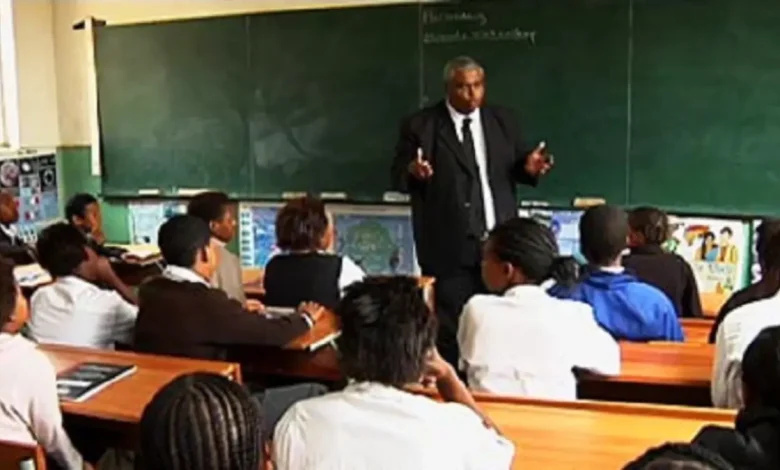Gauteng Schooling System: Global Shift in Education

Gauteng’s education system is adapting to global trends, offering families a diverse range of public and private schools. As South Africa’s economic hub, the province attracts learners from all backgrounds, each seeking quality education. This guide explores the structure, opportunities, and challenges of Gauteng’s schooling system, helping parents and students make informed choices.

ALSO READ: The Rise of Coding and Robotics in Gauteng’s Schools
Structure and Pathways
The system divides into primary and secondary phases, with primary education focusing on foundational skills. Secondary education, meanwhile, prepares students for matriculation and higher learning. Public schools, funded by the government, follow the national curriculum and often provide extra programs. In contrast, private schools offer smaller classes, flexible curricula, and sometimes international syllabuses. Transitioning between these options requires careful planning, but understanding the differences helps families find the best fit.
Leading Public Schools
Gauteng’s public schools are celebrated for academic rigor and cultural diversity. For example, Afrikaanse Hoër Seunskool in Pretoria is known for strong results and vibrant extracurricular life. Similarly, Parktown High School for Girls in Johannesburg excels in science and mathematics while promoting artistic growth. Additionally, Jeppe High School for Boys stands out for its focus on leadership and academic achievement. These schools demonstrate the province’s commitment to holistic, high-quality education.
Excellence in Private Education
Private institutions in Gauteng are recognized for innovation and global outlooks. St. John’s College in Johannesburg, for instance, combines rigorous academics with modern facilities and diverse syllabuses. Pretoria Boys High School emphasizes tradition and leadership, supported by excellent resources. Meanwhile, Roedean School empowers young women through academic excellence and a wide range of activities. Consequently, private schools often provide environments where students thrive both academically and personally.
Navigating the Admission Process
Admission to Gauteng’s schools varies significantly. Public school applications typically use an online portal and require documents like proof of residence. Because demand is high, starting the process early improves chances of securing a place. On the other hand, private schools usually have their own application systems, including interviews and assessments. Moreover, private school deadlines often fall earlier than public ones, so advance planning is essential. Understanding these steps helps families avoid last-minute stress.
Academic Achievement and Support
Gauteng schools consistently achieve strong matric results, with many learners progressing to top universities. Hoërskool Menlopark, for example, boasts a perfect pass rate, while King Edward VII School is known for all-round excellence. Furthermore, St. Stithians College and The Ridge School emphasize both academic and personal development. These outcomes reflect the province’s focus on preparing students for future success.
Managing Costs and Access
School fees in Gauteng range widely, so financial planning is important. Public schools are generally more affordable, with fee exemptions for qualifying families. In comparison, private schools charge higher tuition but often offer scholarships or bursaries. Therefore, exploring all options ensures that cost does not become a barrier to quality education.
Addressing System Challenges
Despite its strengths, Gauteng’s schooling system faces obstacles. Overcrowded classrooms can limit individual attention, while teacher shortages affect some public schools. Additionally, disparities between public and private institutions highlight the need for equitable resource distribution. Tackling these issues requires ongoing investment and policy innovation.
Resources for Families
Gauteng provides various tools to support education decisions. Comprehensive school lists are available through official channels, and many institutions offer scholarships or bursaries. Furthermore, tutoring programs and parent associations provide extra help and community connection. Taking advantage of these resources makes the education journey smoother for everyone involved.
Gauteng’s education system continues to evolve, blending local traditions with global innovations. By staying informed, planning ahead, and using available resources, families can navigate the system confidently. Ultimately, the province’s commitment to quality and inclusivity ensures that learners are well-prepared for the future.


